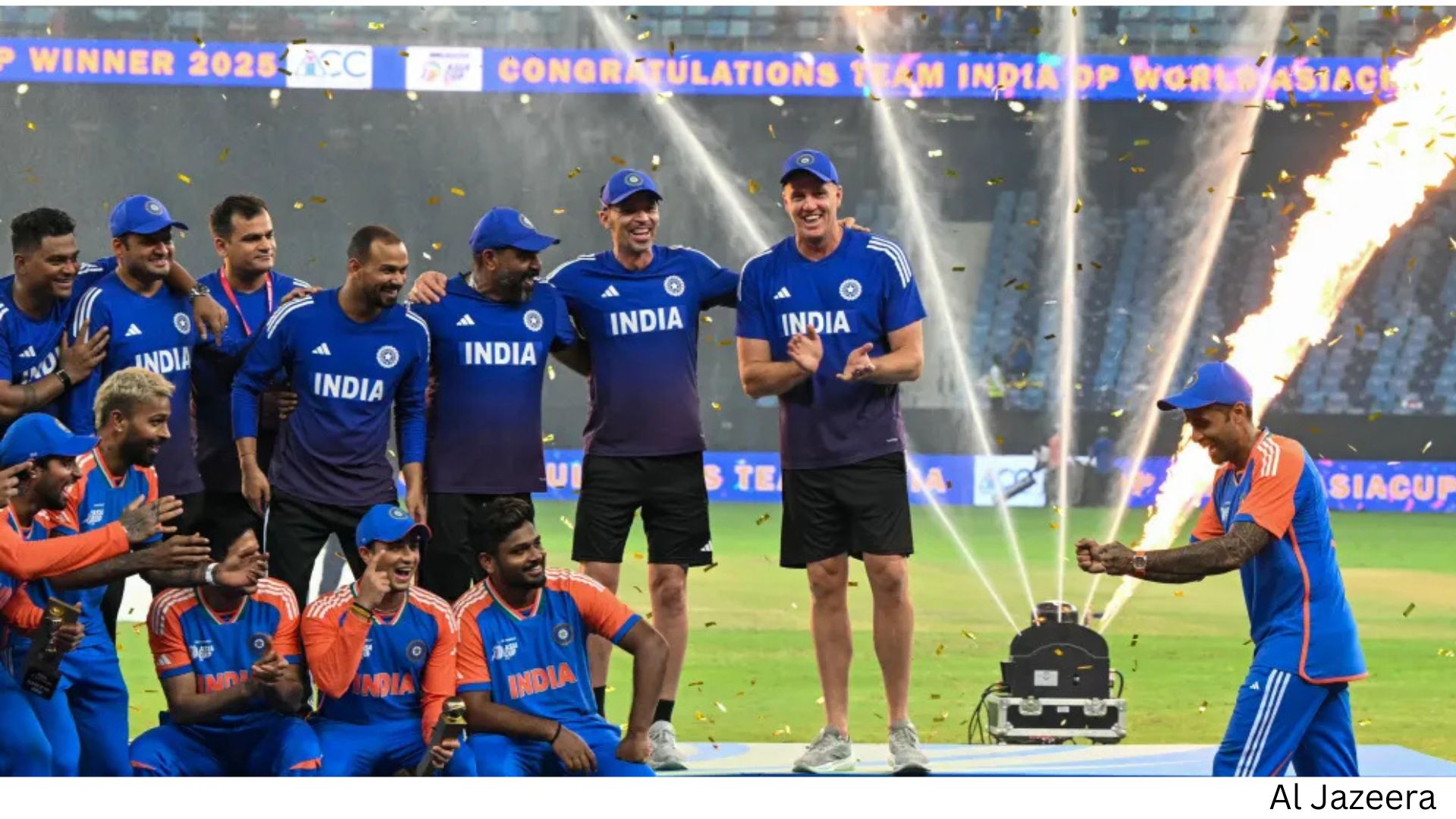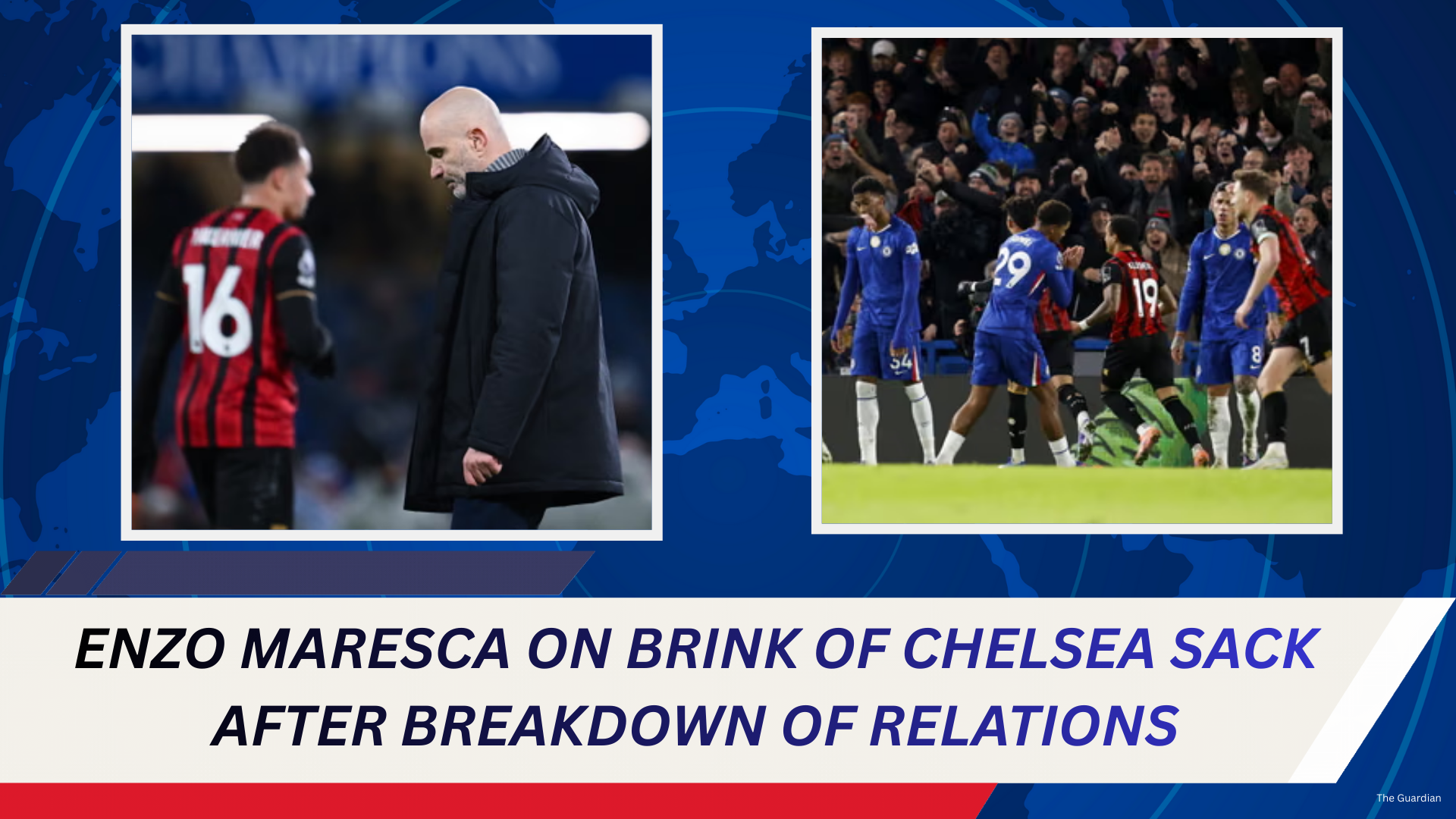Islamabad, Pakistan – When Indian Prime Minister Narendra Modi addressed the Indian parliament on July 29, more than two months after the four-day May clash with Pakistan, he hailed India’s military campaign, codenamed “Operation Sindoor,” as a significant “victory.” However, he also cautioned that the mission was far from complete.
“Operation Sindoor remains active and resolute,” Modi declared during his 102-minute address, signaling that the campaign continued to have both military and political importance.
Fast forward two months, and after India defeated Pakistan in a thrilling Asia Cup cricket final on September 28, Modi once again invoked the rhetoric of war. Congratulating his country’s cricketers, he wrote on social media platform X: “Operation Sindoor on the games field. Outcome is the same – India wins! Congrats to our cricketers.”
The comments blurred the line between sport and geopolitics. Analysts noted that what should have been a celebration of Asia’s cricketing talent had been reduced to another front in the long-standing rivalry between the two nuclear-armed neighbors. Cricket, they argued, was once again being wielded as a symbolic weapon of war.
Trophy ceremony controversy
The political undertones came to a head after the final, when India refused to accept the Asia Cup trophy from Mohsin Naqvi, the Asian Cricket Council (ACC) chairman. Naqvi, who also heads the Pakistan Cricket Board (PCB), doubles as Pakistan’s federal interior minister, one of the country’s most powerful civilian roles.
“We have decided not to take the Asia Cup trophy from the ACC chairman, who happens to be one of the main [political] leaders of Pakistan,” Board of Control for Cricket in India (BCCI) secretary Devajit Saikia told India’s ANI news agency after the match.
In response, ACC officials removed the trophy and winner’s medals from the presentation stage, leaving India’s players to celebrate their victory with a makeshift “shadow trophy.” Images of the players lifting an invisible cup quickly went viral, drawing both ridicule and criticism.
Naqvi, meanwhile, responded directly to Modi’s social media comments that equated a cricket victory with a battlefield triumph. “If war was your measure of pride, history already records your humiliating defeats at Pakistan’s hands. No cricket match can rewrite that truth. Dragging war into sport only exposes desperation and disgraces the very spirit of the game,” Naqvi wrote on X.
Tournament mired in disputes
Even before the first ball was bowled, the Asia Cup was overshadowed by controversy. In India, voices ranging from politicians and broadcasters to former cricketers urged the BCCI to boycott Pakistan altogether.
At the pre-tournament press conference, Indian captain Suryakumar Yadav faced backlash at home after he was seen shaking hands with Naqvi and Pakistan’s captain, Salman Ali Agha. Critics labeled the act as a sign of weakness, reflecting how deeply polarized the atmosphere had become.
When the tournament began on September 15, tensions only escalated. In their opening game against Pakistan, Indian players refused to shake hands with their opponents. The gesture was repeated in subsequent matches, including the final, where the refusal drew wide media attention.
What was supposed to be a platform for uniting fans across Asia instead became a showcase of simmering hostilities and political grandstanding.
Expert views on politicization
For Irfan Nooruddin, professor of Indian politics at Georgetown University, the trophy ceremony fiasco represented the “culmination of growing jingoism” in India.
“The Indian team will unfortunately be remembered not just for winning the Asia Cup, but for refusing to shake hands with opponents and declining to accept the award from an official acting in his formal capacity,” Nooruddin told Al Jazeera.
At the same time, Nooruddin criticized Naqvi’s handling of the situation. “No one emerges from this fiasco looking good. Naqvi’s decision to remove the trophy and medals reflects poor judgment and taste, as do his social media posts,” he said.
The academic stressed that politics and cricket have long been intertwined in South Asia, but the latest episode highlighted the urgent need for reforms. “It is time for cricketing governance to require that its leadership relinquish any political roles,” Nooruddin suggested.
Cricket as a proxy battlefield
The Asia Cup drama highlighted the fragile nature of India-Pakistan sporting relations. Both governments frequently use cricket victories and defeats to stir nationalist sentiment, while fans on both sides often see matches as symbolic extensions of the larger conflict.
In this instance, Modi’s use of “Operation Sindoor” as a metaphor underscored the way in which cricket results can be framed as part of a broader political narrative. Analysts pointed out that such framing diminishes the spirit of competition and undermines the idea of sport as a unifying force.
Meanwhile, Naqvi’s combative response illustrated how cricket can also serve as a stage for political counterattacks, reinforcing division rather than building bridges.
Legacy of acrimony
The 2025 Asia Cup, rather than being remembered for cricketing brilliance, is likely to be recalled for the political theater surrounding it. Images of Indian players avoiding handshakes, a missing trophy, and dueling social media posts from top political leaders overshadowed the performances on the field.
For many observers, the tournament became less about runs and wickets and more about diplomacy, rhetoric, and symbolic gestures. As Nooruddin observed, “Unfortunately, politics and cricket are intrinsically linked in South Asia.”
Until that changes, cricket between India and Pakistan is unlikely to be free from political baggage.
%20(4).png)




.png)

.png)
.png)
